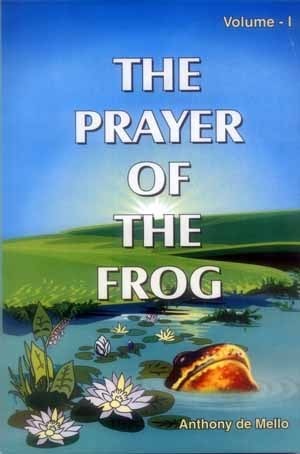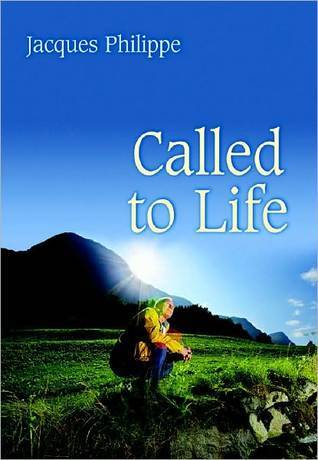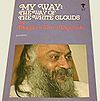
The Prayer Of The Frog, Vol. 1
Book Description
A single moment of clarity can shatter the chaos of everyday life. In 'The Prayer Of The Frog, Vol. 1', Anthony de Mello crafts a vivid journey through the labyrinth of the human spirit, where faith intertwines with doubt, and despair dances with hope. Through captivating parables and profound insights, this powerful exploration reveals the true essence of prayer and its transformative potential. Each page pulls you deeper into a world where the mundane becomes extraordinary, urging a reevaluation of belief and existence. Can a simple prayer change everything, or will it lead to a deeper understanding of unresolved questions?
Quick Book Summary
"The Prayer Of The Frog, Vol. 1" by Anthony de Mello is a compelling collection of short stories, parables, and anecdotes drawn from diverse spiritual traditions around the world. With warmth and humor, de Mello offers profound insights into the human spirit, exploring the transformative nature of prayer and meditation. Each story serves as a mirror, reflecting the intricacies of belief, doubt, self-discovery, and enlightenment. The book challenges readers to look beyond superficial religious routines and instead embrace deep, authentic spirituality. Through simple narratives that pack powerful wisdom, de Mello invites readers to reconsider the nature of faith and to find extraordinary meaning in ordinary moments, ultimately inspiring a journey toward greater clarity and inner peace.
Summary of Key Ideas
Table of Contents
The Transformative Power of Spiritual Awareness
Anthony de Mello’s "The Prayer Of The Frog, Vol. 1" weaves together stories and parables from various religious and philosophical traditions, illustrating universal truths about the human condition. Each anecdote is a window into diverse cultures, yet all point to similar questions about meaning, the divine, and how we might live with greater awareness. De Mello encourages readers to see beyond words and dogma, offering insights that transcend any single faith or creed.
Challenging Conventional Beliefs and Rituals
A central thread of the book is the invitation to question habitual beliefs and rituals. De Mello gently exposes how religious practices, when followed mechanically, can lose their vitality. Through humorous and poignant tales, he underscores the importance of authenticity, urging readers to examine whether their prayers and spiritual routines arise from genuine desire for connection or mere tradition. In doing so, he makes a case for a living, breathing spirituality that is grounded in personal experience.
Cultivating Mindfulness and Presence in Daily Life
Mindfulness and presence are celebrated as gateways to encountering the sacred in daily life. The stories highlight people who discover wonder in the simplest acts—listening, washing dishes, or gazing at nature. De Mello teaches that mindful awareness doesn’t require grand gestures; it flourishes in the present moment. Readers are prompted to slow down, look deeply, and awaken to the extraordinary possibilities hidden within the ordinary.
The Paradox of Doubt and Faith
The interplay between doubt and faith is another recurring motif. Instead of vilifying doubt, de Mello frames it as an essential part of the spiritual journey. His parables show that genuine faith arises not from blind acceptance, but from courageous questioning and openness to mystery. This nuanced perspective encourages readers to embrace uncertainty as a vital ingredient of spiritual maturity, championing inquiry as a conduit for deeper wisdom.
Wisdom in Simplicity and Everyday Moments
Throughout the book, de Mello distills profound truths into simple, digestible narratives. He demonstrates that wisdom doesn’t have to come from esoteric teachings—it often emerges in moments of clarity during everyday life. Whether illustrating the stubbornness of human ego or the transformative power of compassion, his stories serve as gentle reminders that enlightenment is accessible to all, regardless of background or belief.
Download This Summary
Get a free PDF of this summary instantly — no email required.





